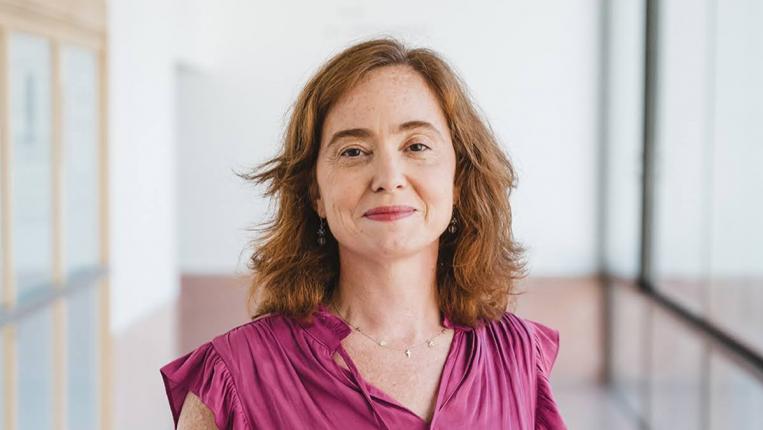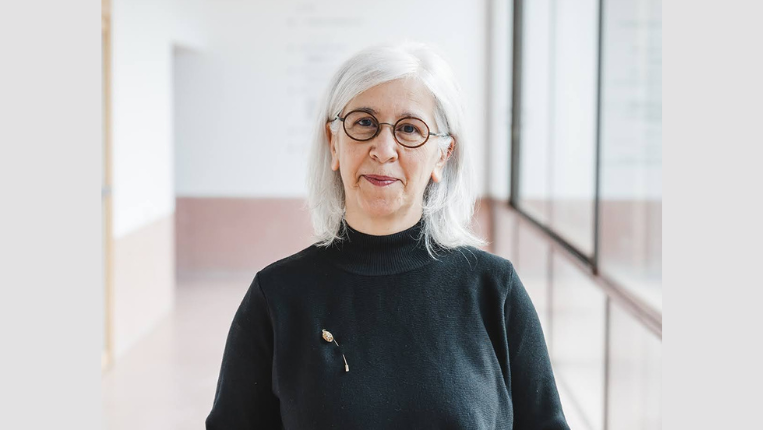Our connection with music can have surprising effects! This was evident at the recent BIP - Blended Intensive Programme held in Croatia, where FEP-UCP students and researchers from the Research Centre for Human Development (CEDH) were able to explore the therapeutic applications of music.
The programme, which ran from 21 to 27 July in partnership with universities in Croatia, Italy and Romania, offered a unique immersion into the world of music and neuroscience, exploring how sounds can influence our brains and well-being.
As Patrícia Oliveira-Silva, faculty at the FEP-UCP and member of the BIP organisation, explains: "Music has the ability to transform the human experience and is a universal language that unlocks our emotions in a unique way. It is precisely this ability of music to modulate our emotions and interact in such an intrinsic way with our brain that makes it a powerful tool for clinical intervention".
Music as a bridge to mental health
During the BIP, the 15 students and 4 researchers from the FEP-UCP/CEDH who travelled to the Catholic University of Croatia had the opportunity to deepen their knowledge of the relationship between music and emotions, cognition, and clinical intervention.
"The students and researchers learned a lot from professionals from different countries, namely neuroscientists, clinical psychologists and professional musicians who have demonstrated innovative and effective methods of clinical intervention through music. We talked about different cases of neurodegenerative pathologies such as Alzheimer's; autism; and the impact of music on motor rehabilitation, stress and anxiety reduction, cognitive and emotional enrichment, among many other examples," says the director of the Human Neurobehavioral Laboratory | HNL.
During the BIP week, CEDH researchers organised several workshops.
Patrícia Oliveira-Silva opened the programme with a presentation of the HNL's work on the effects of music on the brain and its use as a clinical intervention tool.
Ana Moreno and Miguel Ferreira, students of Joint International PhD in Applied Psychology at the FEP-UCP, organised a workshop in which they explored in depth the relationship between music and emotions.
Also from the Portuguese team, researcher Patrícia Batista organised a workshop on music and the ability to regulate emotions, using different dynamics to explain how research is carried out in this area.
Finally, Pedro Ribeiro and Nádia Moura, students from the aforementioned international doctoral programme, demonstrated how music can serve as a vehicle for physiological synchrony, through various practical examples and many activities lulled by music.
An enriching international experience
In addition to the scientific content, the BIP provided participants with a rich intercultural experience. Interacting with students and researchers from different countries allowed for the exchange of knowledge and the creation of new collaborative networks.
"The BIPs organised by the FEP-UCP have enabled students and researchers to participate more flexibly in internationalisation initiatives. Many of these students would not otherwise be able to participate in a one-semester international mobility programme. Short-term programmes value the opportunity to combine international experience with other academic and personal commitments, making them more accessible to a greater number of participants," says Patrícia Oliveira-Silva.
The balance of this edition was clearly positive and it was an innovative way for this international alliance to rehearse a common project.
The BIP in Croatia is an important milestone in the HNL's research between music and neuroscience. The director of this research and community outreach unit says: "Everett Thayer Gaston, a pioneer in this field between the 1940s and 1960s, said the following: ‘Music is not mystical, it is mysterious’. I interpret this quote to mean that although music does not involve mystical forces, it remains a deeply complex phenomenon that has challenged scientific knowledge."
It should be noted that, in addition to FEP-UCP and CEDH, the other three universities involved in this BIP were Hrvatsko katoličko sveučilište - Catholic University of Croatia (Croatia), Università Cattolica del Sacro Cuore (Italy) and Universitatea „Babeș-Bolyai” din Cluj-Napoca (Romania).












